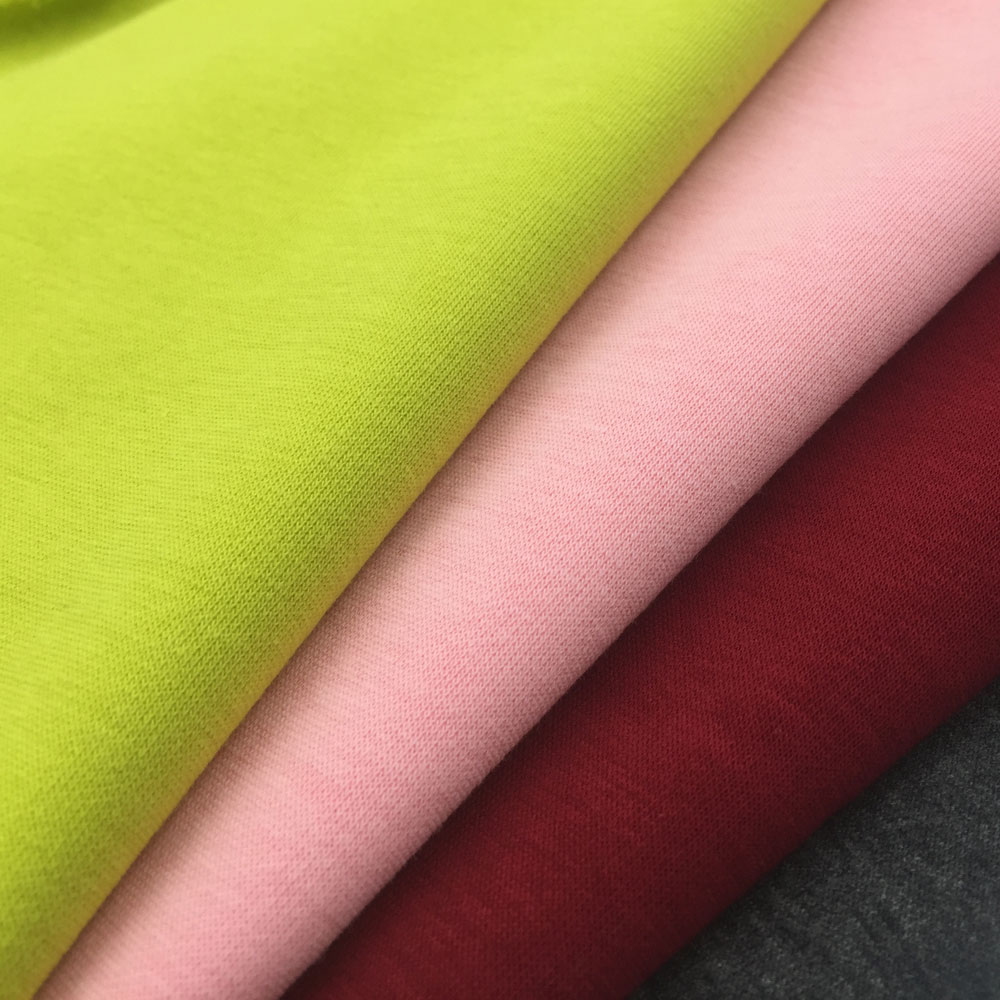World Class Textile Producer with Impeccable Quality

World Class Textile Producer with Impeccable Quality

Polyester fabric is widely known for its versatility, durability, and wide range of applications. As consumer awareness regarding the environmental and health impacts of textiles grows, the importance of sustainable and safe manufacturing practices has become paramount. In this context, the Oeko-Tex Standard plays a significant role in ensuring that polyester fabrics meet stringent criteria for safety and sustainability. This article explores the relationship between polyester fabric and the Oeko-Tex Standard and highlights the benefits it brings to both manufacturers and consumers.
The Oeko-Tex Standard is an independent certification system that evaluates and certifies textile products at all stages of production. It sets strict limits for harmful substances and chemicals, ensuring that textiles are free from substances that may be detrimental to human health and the environment. Polyester fabric manufacturers who obtain Oeko-Tex certification demonstrate their commitment to producing safe and sustainable products.
Polyester fabric manufacturers that adhere to the Oeko-Tex Standard undergo rigorous testing and compliance procedures. These procedures evaluate the fabric for harmful substances such as heavy metals, formaldehyde, and pesticides. By obtaining Oeko-Tex certification, manufacturers demonstrate that their polyester fabric meets the required criteria for human ecological safety. This certification provides assurance to consumers that the fabric they are purchasing has been thoroughly tested and is free from harmful substances.
1. Consumer Safety: Oeko-Tex certified heaveyweight polyester fabric offers peace of mind to consumers. It ensures that the fabric has been manufactured using safe and sustainable practices, reducing the risk of allergic reactions, skin irritations, or other health issues.
2. Environmental Protection: Oeko-Tex certified polyester fabric signifies a commitment to eco-friendly production processes. Manufacturers must meet strict environmental criteria, including minimizing water and energy consumption, reducing emissions, and responsibly managing waste.
3. Product Quality: Oeko-Tex certified polyester fabric undergoes thorough testing for color fastness, strength, and durability. This ensures that the fabric maintains its quality even after repeated use and washing, providing long-lasting performance.
4. Transparency and Traceability: Oeko-Tex certification promotes transparency in the supply chain. Manufacturers must disclose information about their production processes and materials used, allowing consumers to make informed choices about the products they purchase.
5. Global Acceptance: Oeko-Tex certification is recognized and accepted worldwide. This means that polyester fabric manufacturers with Oeko-Tex certification can cater to a global market, gaining the trust and confidence of customers around the world.
Polyester fabric that meets the Oeko-Tex Standard is a testament to the commitment of manufacturers towards safety, sustainability, and product quality. The Oeko-Tex certification ensures that the fabric is free from harmful substances, manufactured using eco-friendly processes, and adheres to stringent standards. By choosing Oeko-Tex certified polyester fabric, consumers can enjoy textiles that are not only safe for their health but also contribute to a more sustainable and environmentally responsible textile industry. Manufacturers, on the other hand, can showcase their dedication to ethical and responsible practices, gaining a competitive edge in the market.